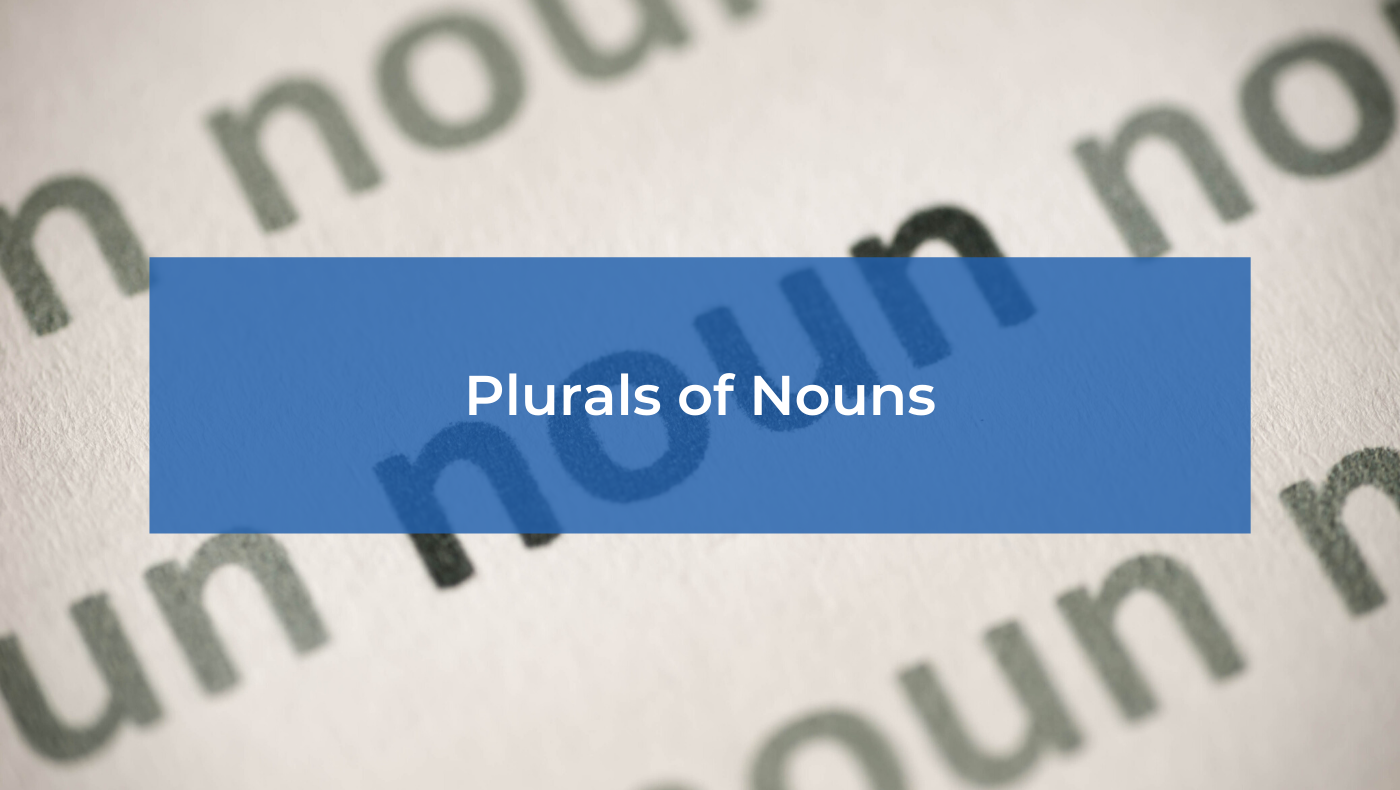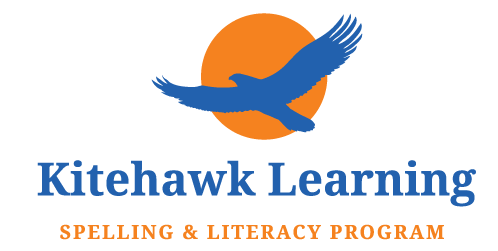
Rules for Plurals
Singular means one.
Plural means more than one.
- Most nouns are made plural by adding s:
More than one boy = boys
More than one girl = girls
More than one hat = hats
- If the word ends in x or s, sh or ch, we add es:
More than one box = boxes
More than one bus = buses
More than one bush = bushes
More than one coach = coaches
Others: trenches, brushes, dresses, etc
- If a noun ending in y is preceded by a consonant, change the y to i and add es: e.g., sky- skies, story – stories, city – cities, family – families.
- For words ending in vowel + y add s: e.g., valley – valleys, key – keys, etc
Exceptions
- Some words change to make a plural:
More than one mouse = mice
More than one man = men
More than one woman = women
More than one child = children
More than one tooth = teeth.
- Some nouns that end in f, ff or fe are made plural by changing the f to v and adding es:
e.g., leaf – leaves, knife – knives, shelf – shelves, half – halves, life – lives.
- If a noun ending in o is preceded by a consonant, an es is often added: e.g., dingo – dingoes, cargoes, potatoes, tomatoes
- Some nouns have the same form for singular and plural:
e.g., sheep, scissors, ice, offspring, gold,
